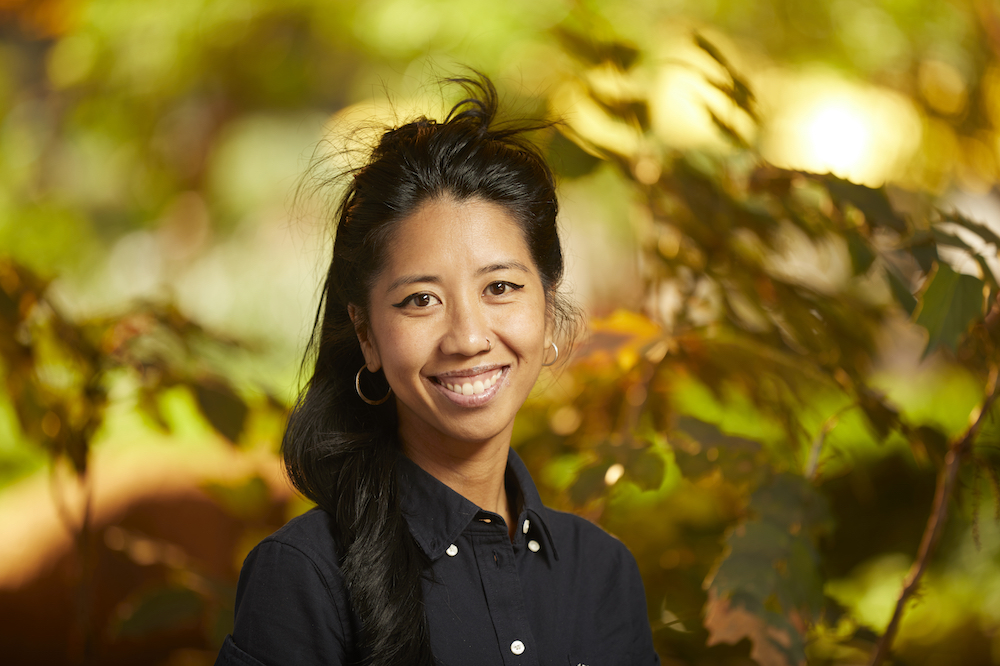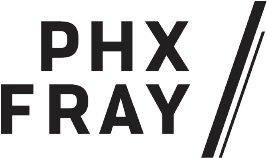Nat Geo Explorer + Environmental Community Organizer KM Reyes

To KM Reyes, political scientist and National Geographic Explorer, the island of Palawan in the Philippines is the best island in the world. The island is the Philippines’ last ecological frontier and home to the country’s last 3% of rainforest. It is also where Reyes cofounded and is the co-executive director of the Centre for Sustainability PH (CS), a women-led, youth nonprofit organization focusing on sustainable community development.
In 2018 and 2020, Reyes received National Geographic grants to support her community education projects at CS. On January 14 and 21, Reyes will give insight into her work through National Geographic’s Backstage Live, an interactive event hosted on Facebook Live, where she will talk and answer questions about her work on Palawan as a National Geographic Explorer.
Before doing environmental work, Reyes worked primarily in community organizing. After an experience conducting agroforestry research in the Amazon rainforest, she decided to shift to environmentally focused work, which eventually led to the founding of CS.
CS focuses on three aspects of environmental work: land conservation, reforestation and citizen science. Reyes and her team work to identify and protect key environmental areas, help regenerate the land that people depend on for their livelihoods and provide environmental education for local people so they can be more involved with conservation in the future. Rather than being an organization that does the work for communities, CS works with the communities to make sure they have a voice in the issues they face in their everyday lives.
“When we’re looking at our local communities, they are literally frontliners,” Reyes says. “They are frontliners as a gateway for illegal activities to occur, whether that’s wildlife poaching, illegal logging, mining or unsustainable agricultural development. At the same time, they’re also our frontline defenders. If we empower our local communities to be at the forefront of decision-making, I think conservation and sustainability look completely different.”
Community-level initiatives are often paid less attention than national-level decisions, but Reyes argues that small scale efforts are important to meaningful change.
“We’re in a really big mess at the moment in terms of the pandemic, the Black Lives Matter movement, and the wider movement for equality, diversity and inclusion. To dig us out of this mess, we’re going to need everybody on board. It’s going to be this critical mass, so that’s the reason why our local communities, who make up our biggest populations, have to be on board.”
Reyes sees similarities between her work at CS and her past work in that both focus on conflict revolving around resources. Before, the conflict she worked with was over resources like access to housing or education. Now, she works with conflict revolving around natural resources. Palawan is rich in resources like forests and mineral deposits, and Reyes uses her past experiences in conflict-management when negotiating the interests of local indigenous communities with commercial and political stakeholders in the area.
One of Reyes’ favorite parts of her work is when she gets to talk with community members about the conflicts in their daily lives. The discussions about land rights, indigenous disenfranchisement and gender aren’t always easy, but they are rewarding.
“Those are the most rewarding parts of my job: when you get to sit down with your communities and start to see through your conversations that there’s something changing, whether it’s just in [their] mindset or ultimately in terms of empowerment.”
While community organizing is one of her favorite aspects of work, the other is when her lobbying efforts persuades a government to make change. Reyes’ biggest accomplishment with CS was in 2017, the year after the government of the Philippines legally recognized Cleopatra’s Needle Forest Reserve as a critical habitat. This recognition provides extra protection for the many endangered species that live on Palawan as well as the Batak tribe, the indigenous people who live in the forests around Cleopatra’s Needle.
“As a woman of this society, the most empowering thing is when a politician finally signs one of our laws,” Reyes says. “Whether it’s a law, a policy or some kind of resolution, it basically says to the wider public in black and white that this is something that we’re going to change.”
Although Reyes’ environmental work is specific to the Philippines, she hopes that those who attend her Backstage Live event will listen more to the voices of those in marginalized groups, both locally and globally.
“There are not enough minority voices being heard in the U.S. or in the world. I hope that by joining this Facebook Live event, [audiences] get to hear more about some of the most marginalized communities who will be impacted by climate change and the pandemic. I hope that they’ll give attention to minority voices in less powerful places.”
Watch Reyes’ Backstage Live events on the National Geographic Live Facebook Page on January 14 at 7 p.m. and January 21 at 9 p.m. To learn more about Reyes, follow her on Instagram at @karinamay_reyes. For more information about the Centre for Sustainability PH, visit their website or follow them on Instagram at @centreforsustainabilityph.
Enjoy this piece? Consider becoming a member for access to our premium digital content. Support local journalism and start your membership today.

